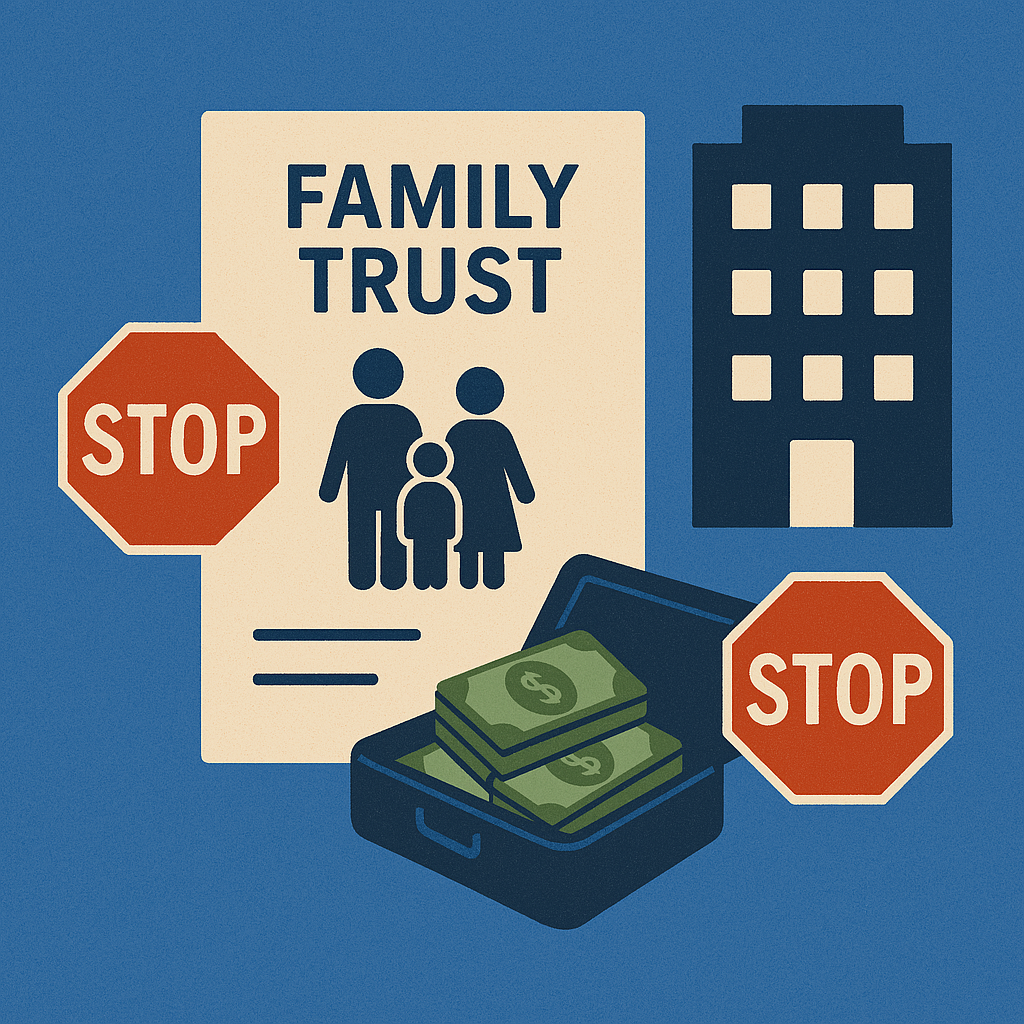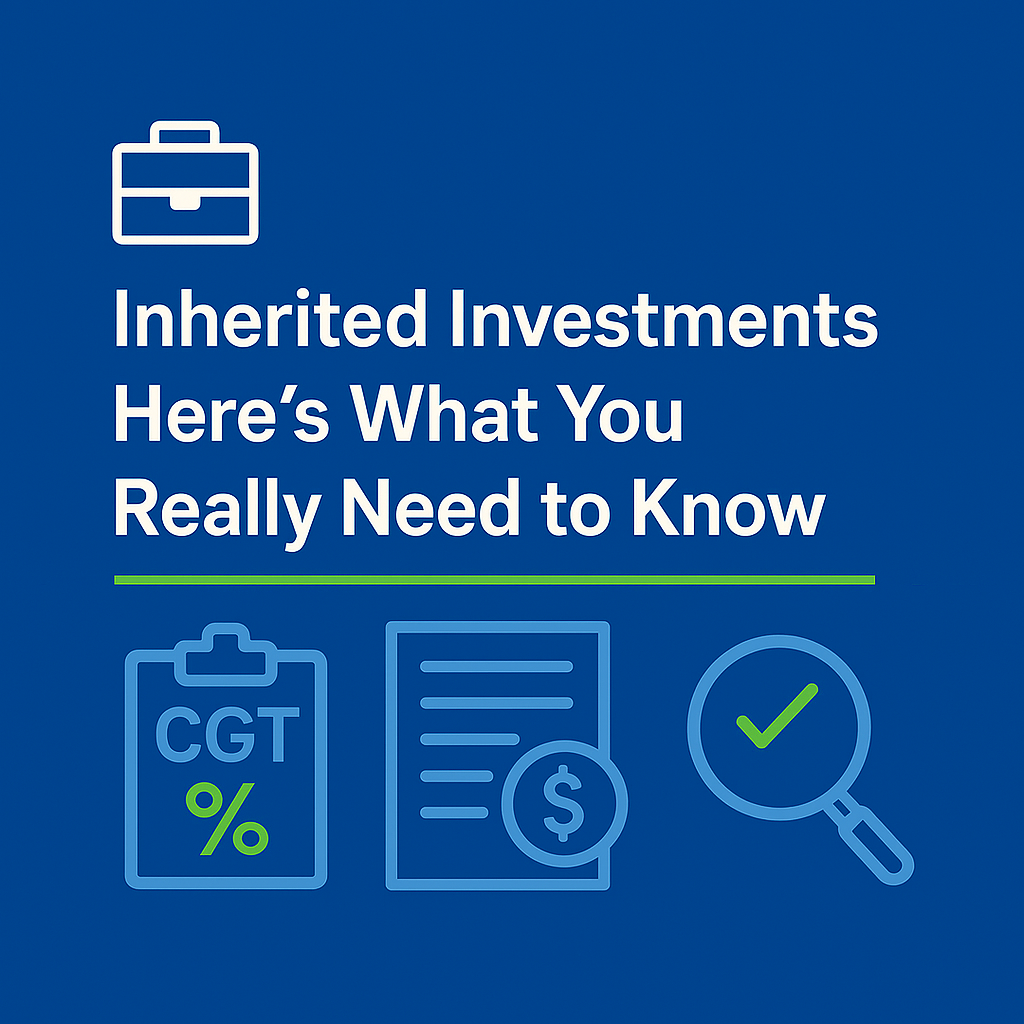Capital gains tax: How good records can save you money
Congratulations! Your investment has done well, and you’re cashing in. You’re happy, and so too is the ATO. That substantial capital gain has brought wealth and a hefty tax bill.
Sharing might be part of the deal but when it comes to your hard-earned profits, you might prefer to keep the ATO’s share to a minimum. Keeping good records will help do this. Here are some tips to help you hold onto more of your windfall and avoid that hefty tax bill.
How much did your investment really cost?
Good record-keeping is essential, it helps your accountant ensure that you pay no more tax than you must. You probably already know that what you get paid for your investment isn’t necessarily your gain. Basically your ‘gain’ on an investment is what you get less what it cost you, but do you really know what it cost you?
The most obvious cost to keep a record of is the asset purchase price or ‘acquisition cost’ but there are some lesser-known costs that are often forgotten. Keep records of anything falling under these four categories as well.
1. Incidental costs of acquisition
These are costs directly associated with acquiring the asset, including such things as:
· Fees paid to brokers, auctioneers, or accountants
· Stamp duty paid on the purchase
· Advertising costs incurred when acquiring the asset
· Conveyancing fees or conveyancing kit costs
· Brokerage fees if buying shares
2. Non-capital ownership costs
You can sometimes add certain ownership costs to your cost base if they weren’t previously claimed as tax deductions. These include:
· Interest on money borrowed to acquire the asset (but again only if it has not already been used as a deduction on income)
· Maintenance, repair, or insurance costs
· Rates or land tax (if the asset is land)
3. Capital expenditure on improvements
Your expenses covering things to increase or preserve the value of the asset are also relevant. Some examples include:
· Costs incurred for zoning changes, whether successful or not
· Capital improvements, such as renovations or structural changes
4. Costs of establishing, preserving, or defending ownership
Hopefully you don’t have too many legal expenses but if you do they too can be taken off the gain. If you have incurred costs related to defending your ownership in court or any legal fees incurred in a dispute over title keep a record of them as they will reduce the gain.
You’ve identified all the costs, but can we further reduce the gain?
That capital loss you made earlier in the year wasn’t nice but there is a silver lining, it can offset that gain. If that’s not enough to wipe out the gain, dig deeper into your records - was there any unused loss in a prior year? We can use that too!
Keep note of when you bought it
If you bought that asset prior to 20 September 1985, yippy no CGT! If you bought it over 12 months ago only half the net gain (after costs and losses) is assessable. So, if you’re thinking of selling an asset but haven’t held it for a year, consider hanging on to it just that little bit longer.
Final thoughts
By understanding what the costs are and keeping thorough records, you can legally minimise your CGT liability.
Speak to your accountant about what things you should keep records of to take full advantage of any applicable deductions and exemptions.











